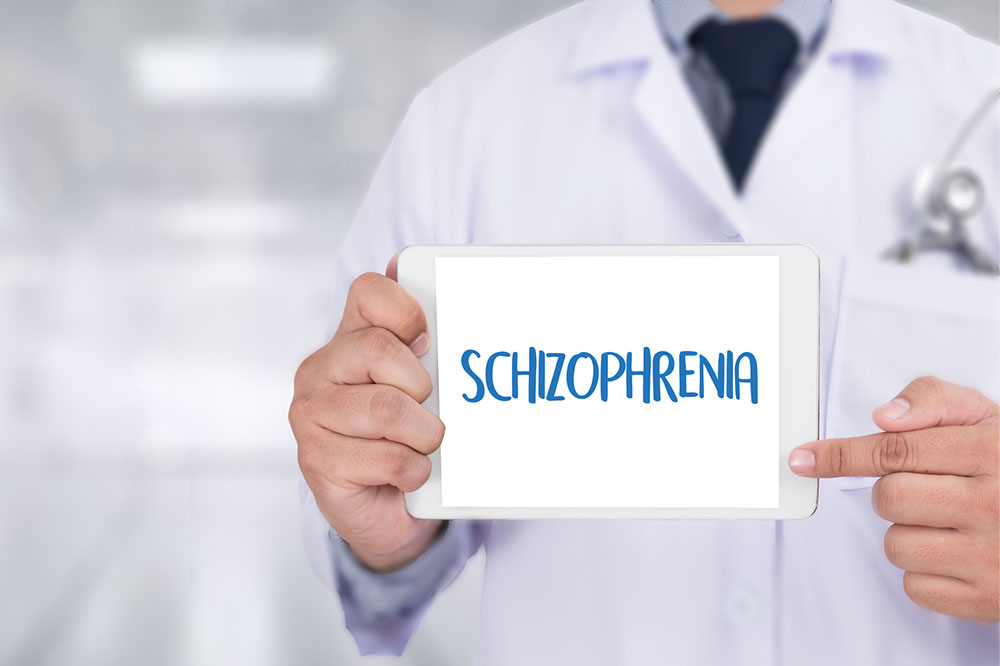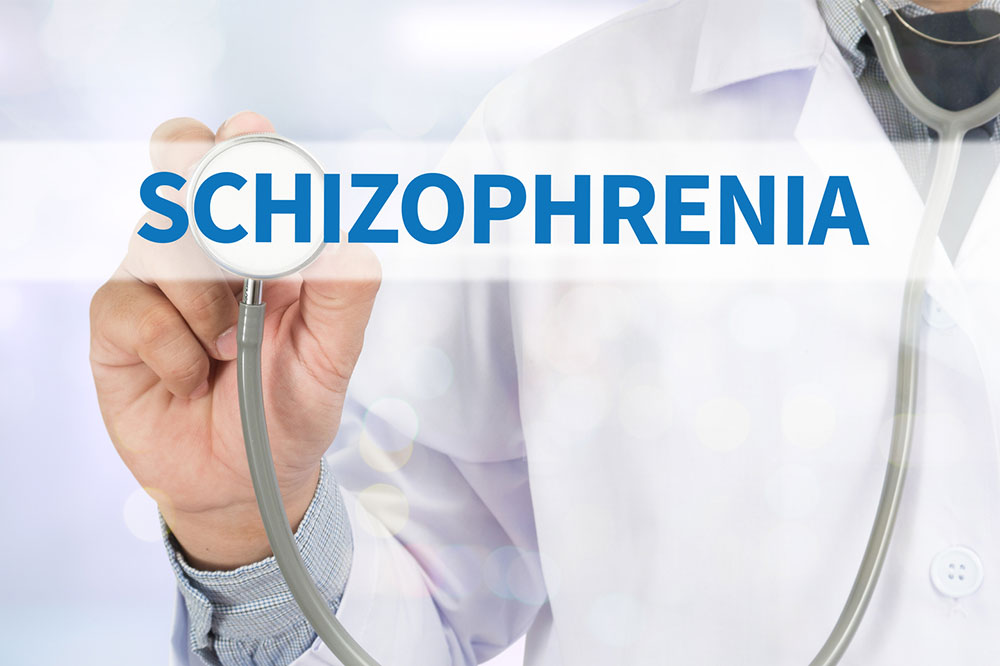Comprehensive Self-Assessment Guide to Recognize Depression Symptoms and Seek Help
This comprehensive guide offers insights into self-assessment for depression, highlighting key symptoms, when to seek professional help, and available treatments. Early recognition and intervention can improve mental health outcomes significantly. Learn how to identify signs of depression and take proactive steps toward recovery.

Comprehensive Self-Assessment Guide to Recognize Depression Symptoms and Seek Help
Depression is a complex mental health disorder characterized by persistent feelings of sadness, hopelessness, and a lack of interest in activities that once brought joy. It affects millions globally, cutting across age, gender, and socioeconomic status. Understanding the signs and symptoms of depression is essential for early detection and intervention. This guide aims to provide individuals with a thorough overview of how to self-assess for depression, understand when to seek professional help, and highlight the importance of timely treatment.
What is Depression?
Depression, also known as major depressive disorder (MDD), differs from temporary feelings of sadness or grief. While everyone encounters low moods occasionally, depression is more profound and long-lasting. It impacts daily functioning, relationships, and overall quality of life. The causes of depression can be multifaceted, involving biological, psychological, and environmental factors.
Globally, over 350 million people suffer from depression, making it one of the most prevalent mental health conditions. Despite its widespread nature, many individuals do not recognize the symptoms early enough, which can delay critical treatment. Recognizing depression early can lead to better outcomes and improved mental well-being.
Performing a self-assessment can be an effective first step in understanding your emotional and mental state. It helps identify whether symptoms are mild or severe and guides you on whether seeking professional support is necessary. While self-assessment tools are helpful, consulting healthcare professionals is essential for accurate diagnosis and personalized treatment plans. Medical evaluations may include physical exams, psychological assessments, and laboratory tests to rule out other health issues that may mimic depression.
Physical health problems like thyroid disorders, nutritional deficiencies, or hormonal imbalances often mirror depressive symptoms. For instance, hypothyroidism can cause fatigue, low mood, and weight changes, which are also common in depression. Therefore, healthcare providers may conduct blood tests to check thyroid function, vitamin levels, and other markers to ensure a correct diagnosis.
Neurological conditions can also influence mental health. Conditions such as brain tumors, injuries, multiple sclerosis, stroke, or infections like syphilis may contribute to mood disturbances. Some medications used for other illnesses, including rheumatoid arthritis, asthma, or certain psychiatric medications, can have side effects that impact mental health. Honest communication during assessments ensures that clinicians gather accurate information for effective diagnosis and treatment planning.
While self-assessment quizzes can provide valuable insights into your mental state, they are not definitive. Only trained healthcare professionals can perform comprehensive evaluations to diagnose depression reliably. Early diagnosis is crucial because it opens the door to effective interventions, including psychotherapy, medication, lifestyle changes, and support systems. Managing depression early can significantly improve a person's quality of life, reduce symptom severity, and prevent complications.
Who Should Consider Doing a Depression Self-Assessment? Anyone aged 16 and above experiencing persistent low mood, fatigue, lack of motivation, or loss of interest in daily activities should consider completing a mental health screening. Common depressive symptoms often include feelings of sadness, irritability, difficulty concentrating, changes in sleep and appetite, and thoughts of worthlessness or guilt. Regular self-assessment helps individuals monitor their mental health and recognize early warning signs.
Note that even mild or moderate scores on these questionnaires can be a sign of underlying depression, especially if symptoms persist over time. If your self-assessment indicates the possibility of depression, consulting a healthcare professional is strongly recommended. Professional evaluations include detailed interviews and diagnostic criteria assessments to confirm the presence and severity of depression.
What Do the Results Signify? A positive result doesn't necessarily mean a formal diagnosis of depression but indicates a higher risk. Early detection is valuable because many effective treatments are available. These include cognitive-behavioral therapy, counseling, antidepressant medications, and lifestyle modifications such as regular exercise and improved sleep hygiene. Seeking support from family, friends, or mental health professionals is vital. Remember, asking for help is a sign of strength and an important step toward recovery.
Preventing escalation of symptoms through early intervention can greatly improve prognosis. Mental health awareness and open conversations about depression can reduce stigma and encourage those affected to seek help without hesitation. If you or someone you know shows signs of depression, taking action promptly can make a significant difference in recovery and overall well-being.
Maintaining mental health is as crucial as physical health. Regular self-assessment, staying connected with loved ones, and seeking professional help when needed can foster resilience against depression. Remember, depression is manageable, and help is available. Recognize the symptoms early, and don't hesitate to reach out for support to regain a balanced, fulfilling life.





